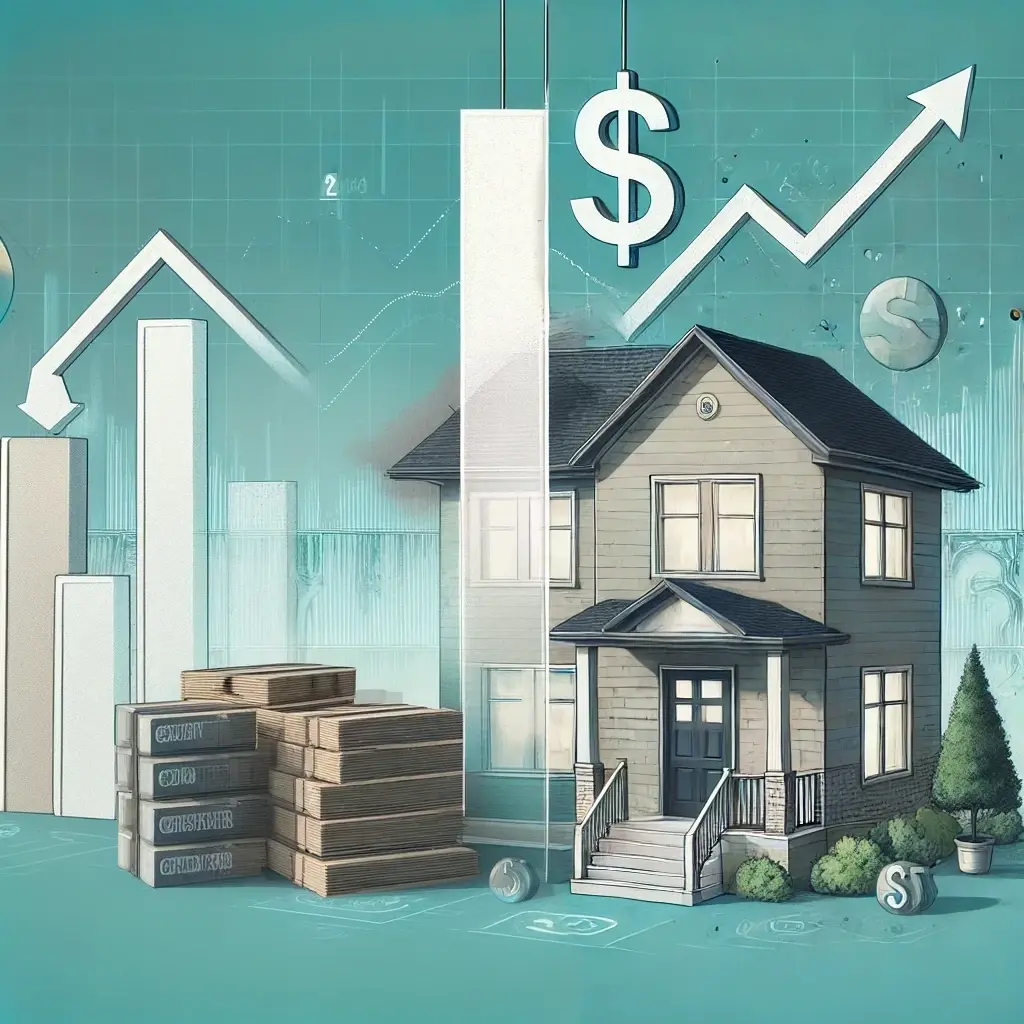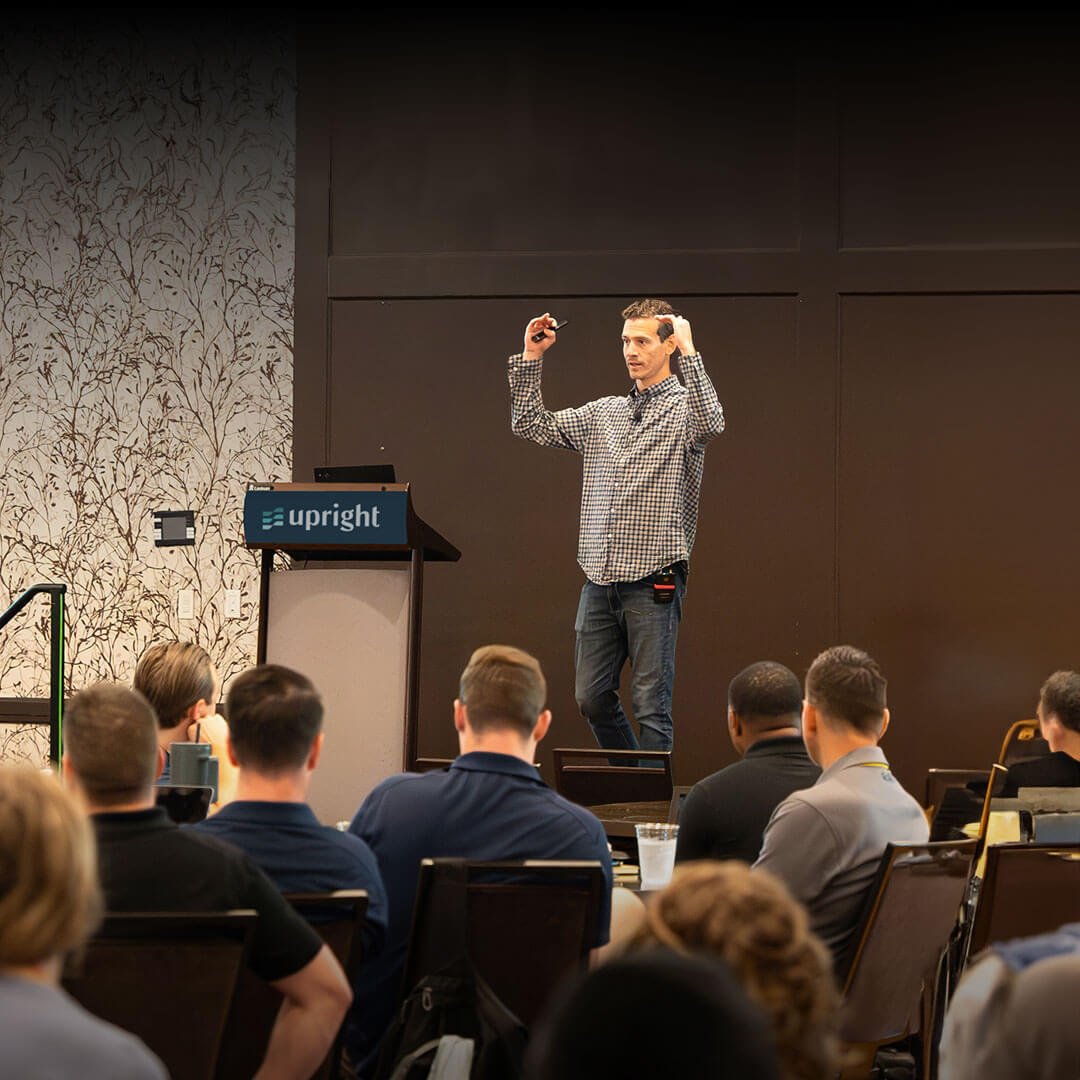The focus on sustainable investing has been on the rise for a number of years and is showing no signs of abating. Invesco calls it “arguably the most important investment trend of recent decades” as more companies focus on–and in some cases, are required by their shareholders to support– environmental, social, and governance (ESG) policies.
Concerns around sustainability and social impact extend to real estate investing, too, especially as buying behaviors and motivations evolve with generational shifts. At Upright, we see private developers responding to homebuyers’ demands and expectations for “greener” properties, particularly at the behest of millennial homebuyers. Examples include the use of lower carbon materials and practices, such as enhanced insulation, efficient lighting, or energy-efficient appliances.
As a result, those investing in these developments, whether through Upright or through other means, can feel confident that as well as earning them a healthy return, their investments are often contributing toward a healthier neighborhood.
The “neighborhood well-being dividend”
The sustainability impact of new developments or rehabs is easily measured, and official data from the U.S. Energy Information Administration (EIA) tells us that newer homes are much more energy-efficient than older ones. In addition to the data, let’s examine other benefits of responsible construction by private developers, funded by Upright investors.
We recently commissioned and published an analysis of the U.S. housing market, the challenges of rising demand versus sluggish supply, and the important role of local, private developers within the housing mix. The report, “Here Comes the Neighborhood,” identifies the many social benefits that new developments and rehabs bring to their neighborhoods, in addition to the economic ones.
As with environmental impact, the economic impact of such developments is relatively simple to quantify, since there are so many data points. Our analysis found, for example, that properties neighboring a new development or rehab see their values increase by rates greater than the local market overall. In other words, if the property neighboring yours is spruced up, or the vacant lot across the street is turned into an attractive new development, the value of your property is likely to increase at a rate that outstrips the market norms.
The data also tells us that small businesses like shops and cafes are more likely to locate in streets or neighborhoods with attractive properties, rather than ones with vacant lots or rundown properties, thereby energizing the local economy.
Moreover, building and redeveloping homes creates jobs, not just for the duration of those projects, but afterward, too.
Relatedly and just as important is the positive social impact of new developments and rehabs. The available research suggests that, apart from enhancing the local economy and property values, such developments may actually contribute to the overall happiness and well-being of the neighborhood. Research suggests that people living in neighborhoods that have benefited from redevelopments are likely to feel happier, healthier, and safer.
In our report, we call this “The Mister Rogers Effect,” after Fred Rogers, the beloved children’s TV presenter who championed neighborliness in all aspects of life.
Feeling good about real estate investments
This phenomenon taps into the long-term trend of ethical or sustainable investing: in simple terms, the kind of residential real estate development undertaken by local, private developers means you can feel confident not only of making a good return but of contributing to a “well-being dividend” to those who live in or near the properties you are helping to fund–just one more reason to consider investing in residential real estate.




